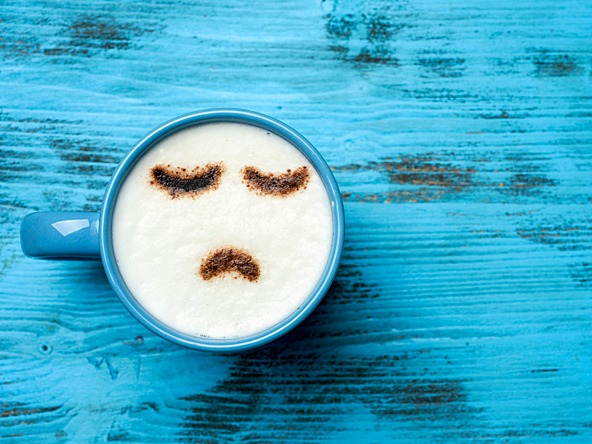Pessimistic outlook despite rise in earnings and employment

In its report Personal and economic wellbeing in the UK the ONS has brought together data on both personal and economic wellbeing for the first time.
The data collected between October 2017 and September 2018 in the UK found that income and spending continued to increase in the latest quarter, but longer term, there is a slowdown in household conditions with people’s personal wellbeing levelling off and their perception of the future declining.
Between July and September 2018 there was an increase in real household disposable income per head, up 0.7% compared with a year ago, with similar increases in earnings, employment and household spending and improved anxiety ratings.
Managing personal debt appears to be becoming a bigger problem with household debt increasing and now accounting for 133% of disposable income. In addition, spending per person is outgrowing disposable income by £119.
The economic picture is not evenly distributed across the UK – between 2011 and 2016 financial years, average income for the bottom 20% of households increased by 4.8% or £589 while for the top 20% it increased by 6.7% or £4,123.
Glenn Everett head of inequalities at the ONS said: “Despite high levels of employment, rising incomes and spending across UK households, people are not reporting increases in their well-being. This may be due to worries about rising debt repayments, which could be driving concerns about their future financial situation.”
The ONS has developed and analysed a wider range of measure to extend beyond traditional gross domestic product (GDP) economic indicators, to better inform policy. Its ‘Beyond GDP’ initiative focuses on sustainable economic, human and environmental wellbeing.
It defines ‘well-being’ as ‘how we are doing’ as individuals, as communities and as a nation, and how sustainable this is for the future. For example, the ONS measures include how people assess their own life satisfaction and happiness, alongside measures of household wealth and disposable income.

We hope you enjoyed this article.
Research Live is published by MRS.
The Market Research Society (MRS) exists to promote and protect the research sector, showcasing how research delivers impact for businesses and government.
Members of MRS enjoy many benefits including tailoured policy guidance, discounts on training and conferences, and access to member-only content.
For example, there's an archive of winning case studies from over a decade of MRS Awards.
Find out more about the benefits of joining MRS here.













0 Comments